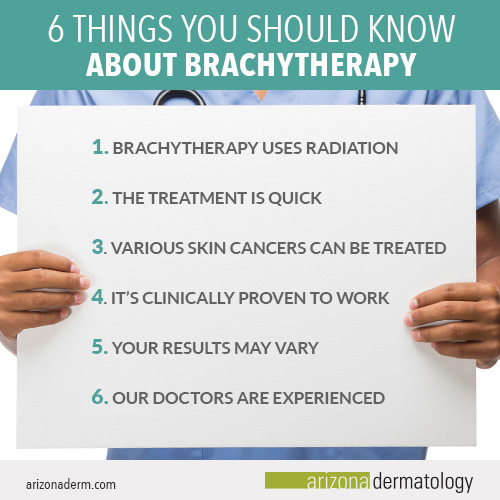In The Middle Of The Misconceptions About Acne, Find The Unusual Truths That Can Alter Your Skin Care Routine Forever. What Really Creates Your Breakouts?
In The Middle Of The Misconceptions About Acne, Find The Unusual Truths That Can Alter Your Skin Care Routine Forever. What Really Creates Your Breakouts?
Blog Article
Write-Up Composed By-Webb Morse
You may think that indulging in chocolate or greasy foods is the source of your acne, but that's simply among numerous misconceptions swirling around this typical skin problem. As a matter of fact, acne primarily comes from blocked hair follicles, not your last dessert. Misconceptions like these can lead you to take on inadequate skincare practices that may even aggravate your circumstance. As you browse the facts behind acne, you'll uncover insights that might transform your technique to skin care and help you accomplish clearer skin. So, what really lies underneath the surface area?
Common Myths Concerning Acne
When it pertains to acne, many individuals count on usual myths that can result in confusion and stress. One widespread misconception is that eating chocolate or oily foods creates acne. While diet plan can influence skin wellness, the direct web link between particular foods and acne isn't as precise as numerous assume.
Another common misconception is that you should scrub your face intensely to clean up outbreaks. In truth, aggressive rubbing can aggravate your skin and get worse acne.
You might also think that acne just impacts young adults, but grownups can experience it also, commonly due to hormone changes or tension. Some people assume that tanning can clear acne, however sun direct exposure can really cause skin damages and aggravate outbreaks in the long run.
Finally, many think that using harsh products will certainly remove acne swiftly. Nonetheless, these items can strip your skin of its natural oils, resulting in boosted irritability and more breakouts.
Scientific Details Behind Acne
Comprehending the scientific truths behind acne can encourage you to tackle this typical skin condition better.
Acne happens when hair roots come to be clogged with oil, dead skin cells, and germs. This process frequently starts with an overflow of sebum, the oil your skin normally creates. Hormone adjustments, particularly during adolescence or menstruation, can trigger this excess oil.
Germs referred to as Propionibacterium acnes prosper in these clogged pores, bring about inflammation. When your immune system responds, it can trigger redness and swelling, causing those pesky acnes or cysts.
Genes additionally play a role; if your parents had acne, you might be more vulnerable to it.
Diet plan and tension levels can affect acne also, but study is still progressing in these locations. While indulging in oily foods won't directly create breakouts, a balanced diet regimen can sustain your skin health and wellness.
Also, managing tension can reduce hormonal variations that may worsen acne.
Tips for Managing Acne
Managing acne efficiently calls for a mix of daily skin care behaviors and way of living modifications. Beginning by establishing a constant skin care routine. https://www.vogue.co.uk/beauty/article/anjelica-huston-beauty-interview with a gentle, non-comedogenic cleanser to get rid of dirt and excess oil. Stay clear of rubbing also hard, as this can irritate your skin and aggravate acne.
Next, incorporate products containing salicylic acid or benzoyl peroxide to help protect against outbreaks. Always follow up with a lightweight, oil-free cream to keep your skin hydrated. Do not neglect sunscreen; select non-comedogenic choices to protect your skin from UV damage without obstructing pores.
Beyond skincare, take note of your diet. Highly recommended Online site and oily foods, and focus on fruits, veggies, and whole grains. Staying moisturized is important, so drink a lot of water throughout the day.
Furthermore, manage stress and anxiety through activities like yoga, reflection, or exercise, as tension can cause breakouts.
Finally, stay clear of choosing or standing out pimples. This can cause scarring and more inflammation. If your acne persists, consult a dermatologist for tailored treatment choices.
Conclusion
To conclude, it's necessary to separate fact from fiction when it involves acne. By exposing usual myths, you can better comprehend your skin and make educated selections for your skincare routine. So, why continue to believe in out-of-date ideas when the fact can encourage you? Embrace healthier behaviors, concentrate on gentle cleansing, and remember that handling acne is a journey. With the appropriate expertise, you're one step closer to more clear, healthier skin.
